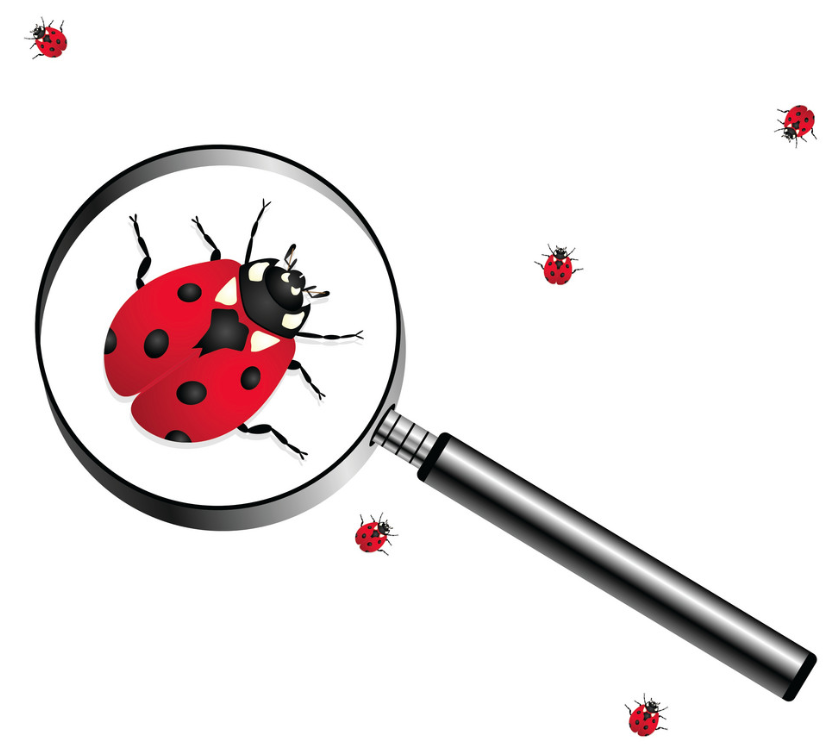While there is rightly considerable policy interest in gender inequality, there has been surprisingly little attention given to the high school years as a key environment for this inequality or as a possible intervention point. Today’s analysis by Abigail Lewis (@AbigailLLew) at Per Capita (@PerCapita) provides a comprehensive overview of how a number of key gender inequities take root in high school, turning happy, confident girls into anxious young women who are already accustomed to experiencing violence and are on track to be paid less than the young men they graduate alongside.
This analysis is a summary from a chapter in an upcoming Per Capita report on gender inequity across the life course in Australia, launching in March 2020 and supported by the Women’s Leadership Institute Australia (@WLIAus). Sign up to Per Capita’s newsletter to be alerted to its publication.
Read More




















